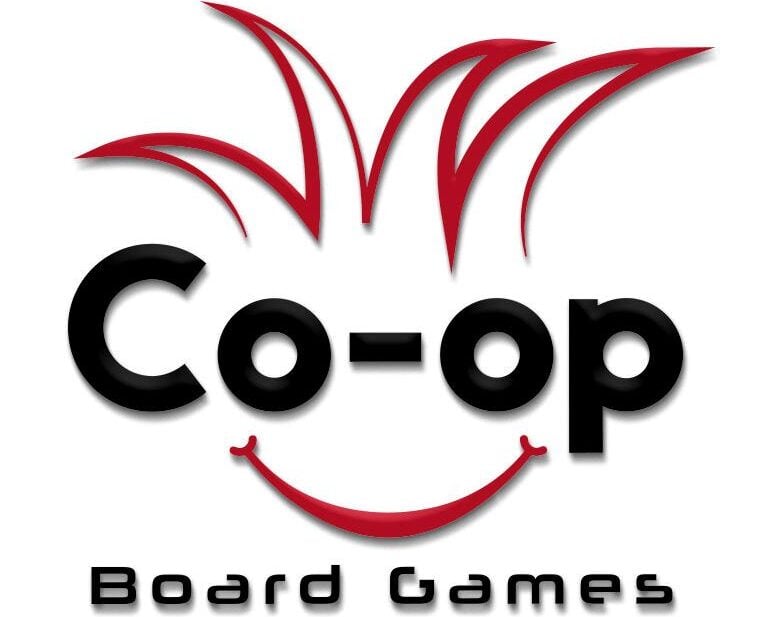Why Co-Op Board Games Are Perfect for Team Bonding
In an age where digital distractions dominate our free time, gathering around a table to play a board game feels refreshingly personal. Among the vast array of board games available today, cooperative (or “co-op”) games stand out as one of the best tools for fostering teamwork and building stronger connections between players.
Unlike competitive games, where one player or team emerges victorious, co-op board games bring everyone together to work toward a common goal. This collaborative element makes them ideal for team bonding—whether it’s with family, friends, or even colleagues.
Building Communication Skills
At the heart of co-op board games lies communication. Players must share strategies, discuss potential moves, and coordinate their actions to overcome challenges. Games like Pandemic, where players work together to stop global disease outbreaks, or Forbidden Island, where adventurers must escape a sinking island, demand constant conversation.
This type of communication isn’t just about talking; it’s about listening and understanding each other’s perspectives. Teams that successfully learn to share ideas without overpowering one another end up performing better—not just in the game but also in real-life group settings. Co-op games, therefore, serve as a playful training ground for effective dialogue.
Encouraging Collaboration Over Competition
Competition has its benefits, but it can sometimes create tension or friction, especially if players take losses personally. Co-op games flip that dynamic on its head. Instead of competing against one another, players face a common opponent, usually the game system itself. This structure transforms the experience from “me versus you” to “us versus the challenge.”
The sense of shared responsibility often creates stronger bonds than competitive victories. When everyone contributes to solving a puzzle or defeating a tough scenario, the collective success feels more rewarding than individual triumph. For workplaces or group settings, this collaborative spirit can be especially valuable in strengthening trust and teamwork.
Reducing Pressure and Fostering Inclusion
Not everyone enjoys the high-pressure environment of competitive games. Some people may feel left out or discouraged if they lose repeatedly. Co-op games level the playing field by encouraging everyone to work together. Even if someone isn’t the strongest strategist or most experienced gamer, they can still play an important role in the group’s success.
For example, a player might notice details others overlook, suggest creative solutions, or simply boost morale when things get tough. By valuing diverse contributions, co-op games naturally create an inclusive environment where every participant feels important.
Creating Shared Stories and Memories
One of the greatest joys of playing board games lies in the stories they create. Co-op games amplify this by giving everyone a front-row seat in the same narrative. Whether your team just managed to survive by the skin of its teeth in Arkham Horror or you all failed spectacularly in Ghost Stories, the experience becomes a shared memory.
These collective stories often get retold long after the game ends, becoming inside jokes or cherished anecdotes. In this way, co-op games don’t just fill an evening—they help build lasting bonds through shared adventures.
Lessons That Translate Beyond the Table
Co-op board games do more than entertain; they mirror the challenges of real-life teamwork. Players must balance leadership and cooperation, manage limited resources, and adapt strategies under pressure. These lessons apply to many real-world scenarios, from managing projects at work to handling family challenges.
It’s no surprise that organizations and team leaders sometimes turn to cooperative games for team-building exercises. The low-stakes but engaging environment provides a safe way for groups to practice working together without the stress of real-world consequences.
Getting Started With Co-Op Gaming
If you’re new to this genre, there’s a wide variety of games to explore. Some, like The Crew or Mysterium, are quick and accessible, perfect for beginners. Others, like Gloomhaven, offer deep, campaign-style experiences for groups who want a long-term adventure.
For guidance on picking the right games or strategies to succeed in them, you can explore helpful Co-op guides on Tech Garena, which cover tips and recommendations for different player levels. Whether you’re aiming for lighthearted fun or intense strategy, there’s a cooperative game that will suit your group.
Final Thoughts
Co-op board games strike a rare balance between fun and meaningful interaction. They help teams practice communication, encourage collaboration, and create unforgettable shared experiences—all while reducing the stress of competition. In a world where authentic connection is more important than ever, these games offer a simple yet powerful way to bring people closer together.
So the next time you’re looking for a team bonding activity, skip the usual movie night or dinner outing. Instead, gather your group, open up a co-op board game, and discover just how rewarding working together can be.


